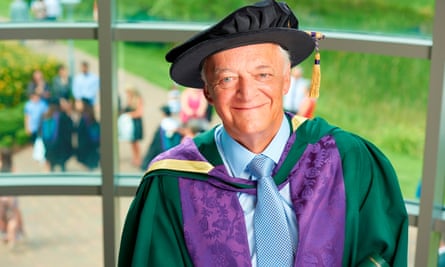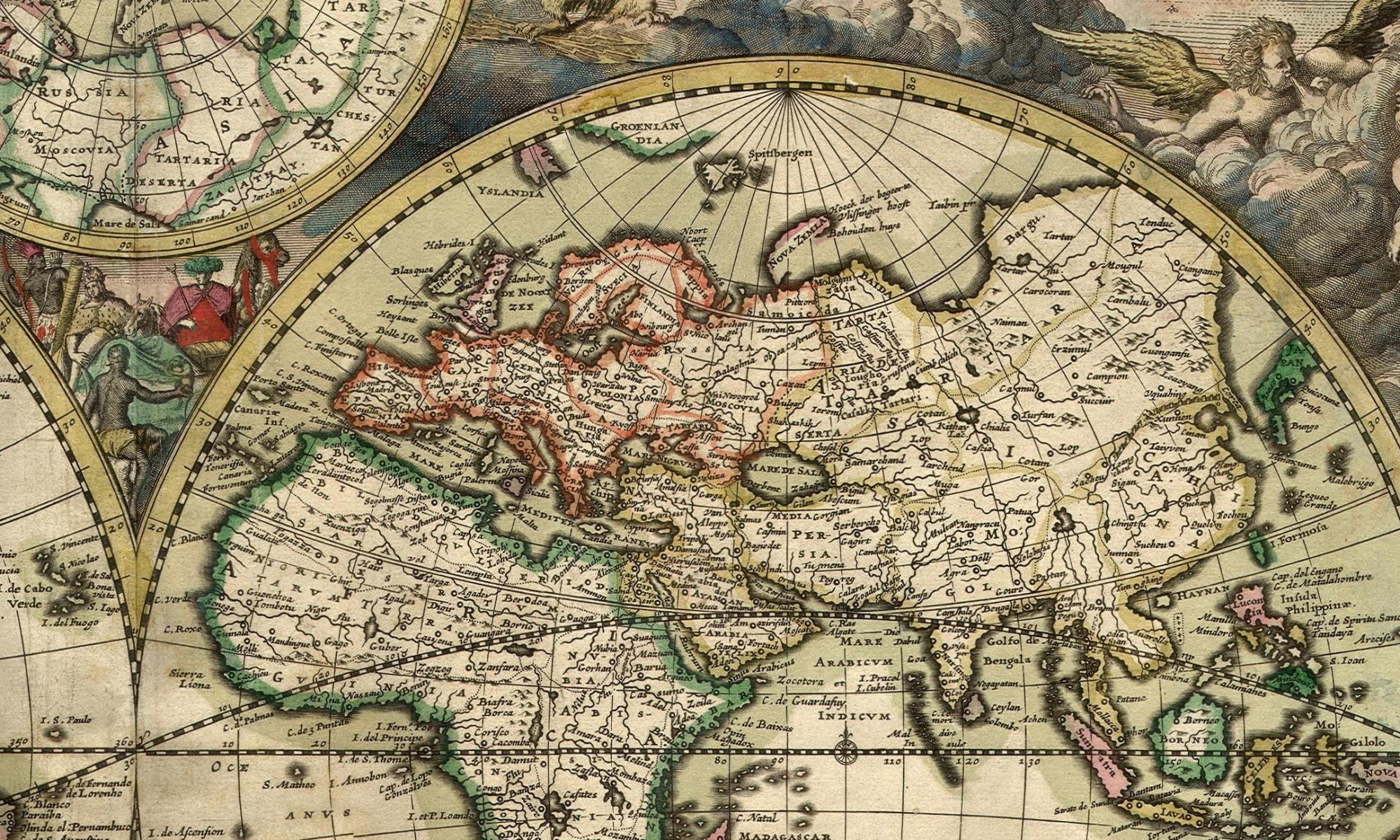Almost everything we know about the development of policing in Britain and beyond can be attributed to the curiosity and intellectual endeavour of Clive Emsley, who has died aged 76. Through a prodigious tally of publications, Clive defined and laid claim to the field of police history, challenging longstanding myths and creating an international network of scholars in the process.
As well as writing standard historical works such as Policing and Its Context (1983), Crime and Society (1987) and The English Police (1991), Clive subjected all aspects of the development of policing to his forensic gaze. His research documented the arduous daily lives of police constables (expected initially to patrol without stopping at a steady three miles an hour, while forbidden from talking to members of the public) and the gradual professionalisation of their work. But he was equally at home analysing the high politics of police control, unearthing the political chicanery that led to the inception of the Metropolitan police and the various scandals leading to reforms such as the Police Act (1964)
At times he adopted a broad statistical view (providing one of the first robust discussions of the validity of police statistics) but he was equally adept at using a biographical approach to illuminate wider themes. His latest book, A Police Officer and a Gentleman (2018), used the little-known career of Chief Constable Michael Wilcox to demonstrate the important role British police officers played in the reconstruction of Europe after the second world war.
Clive always worked internationally, his linguistic ability enabling insights barred to others. In comparative histories such as Gendarmes and the State (1999) and Crime, Police and Penal Policy: European Experiences 1750-1940 (2007), the comfortable myth that British policing – local, unarmed and “by consent” – could be smugly contrasted with a more centralised, political and armed police in Europe, was firmly but politely debunked. Through painstaking archival research, Clive demonstrated that the British police had always been armed if necessary and undertook “political policing”, and that European systems of policing were not that different.
Later in his career he took on other myths, investigating crime and policing in military contexts. Soldier, Sailor, Beggarman, Thief (2013) was the first serious history of criminal offending by members of the British armed forces in the 20th century. Its unflinching gaze demonstrated the involvement of soldiers in black-market racketeering, sexual violence and homicide, while also concluding that, as in wider society, such actions were perpetrated by a small and unrepresentative minority.
Such pioneering research into policing is perhaps unsurprising given Clive’s background. Born in Dulwich, London, he was the son of Evelyn (nee Ing) and Ernie Emsley. His father had worked as a police constable in south-east London before joining the RAF in 1942. Ernie’s first operational flight ended in his death, three months before Clive was born.
The Met looks after its own, however, and Evelyn received a pension and an allowance from the Met orphan fund to assist with Clive’s upbringing. He received annual Christmas boxes from “P” Division and regular visits from a local inspector to ensure he was thriving at school. This he did, attending Alleyn’s school in Dulwich. There he developed a love of acting, joining the National Youth Theatre. Despite performing alongside Helen Mirren in a production of Antony and Cleopatra (1965) and offers of professional acting work, Clive chose academic life.

Following a degree in history at York University, and research for a master’s at Peterhouse, Cambridge (entitled Public Order in England, 1790-1801), in 1970 he joined the Open University at its inception, first as lecturer and then professor of history, staying until his retirement in 2009. There he was instrumental in the development of an entirely new method of teaching history, eschewing face-to-face lectures and tutorials in favour of written course books and BBC broadcasts.
Over 50 years, Clive built an international reputation as the foremost scholar of police history and was a supportive mentor to those who followed in his footsteps. He travelled widely, and his erudition and warmth helped to link archivists, budding historians, curators and police officers. A former president of the International Association for the History of Crime and Criminal Justice, he also co-founded the bilingual journal Crime, History & Societies in 1997.
His house in Bedford, where he lived with his wife, Jenny (nee Noble, whom he married in 1970), was a home from home for scholars from around the world. Alongside academic life, engagement with general audiences formed a significant part of Clive’s career, with books such as Hard Men: Violence in England since 1750 (2005) and The Great British Bobby (2009). He worked with the Police History Society and police museums, surveying police archives and lobbying for their preservation. He lectured for Historical Association branches, engaged with practitioners as well as students, peers of the realm as well as his peers, in the service of his goal to show that an understanding of the history of crime and criminal justice is both useful in the present and a fascinating end in itself.
He is survived by Jenny and by their children, Mark and Kathryn.
• Clive Emsley, historian, born 4 August 1944; died 5 October 2020
